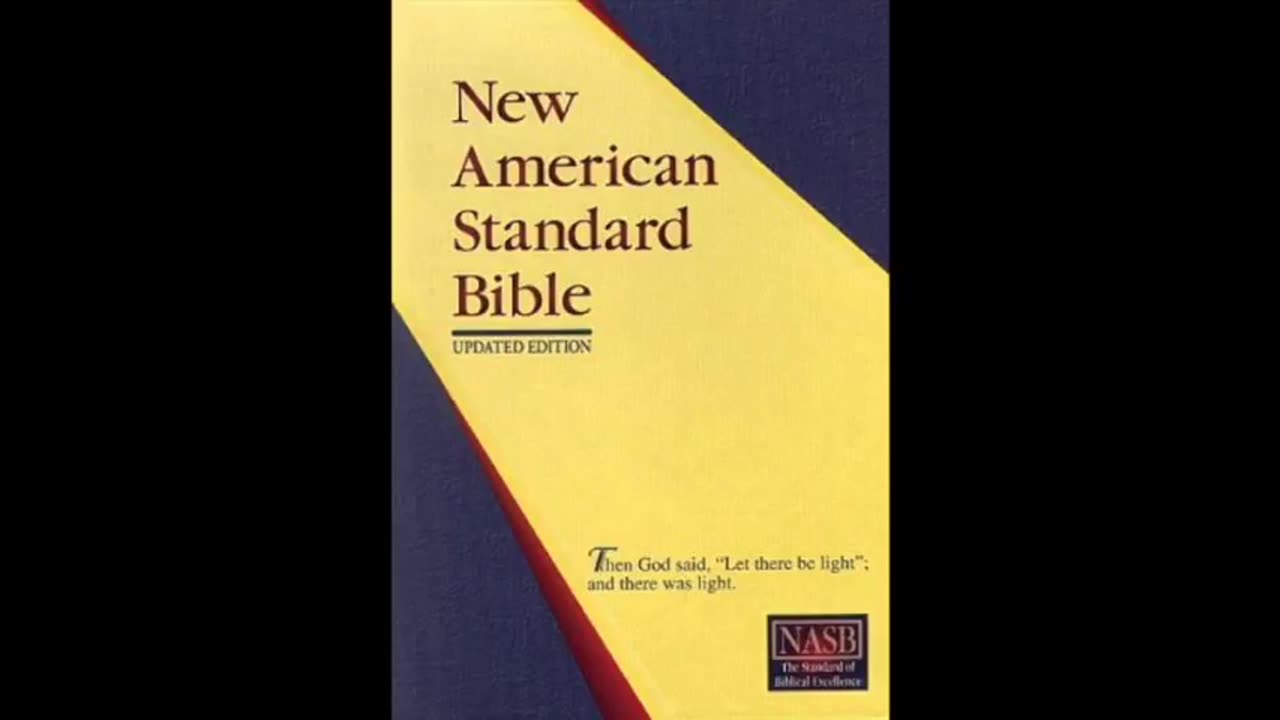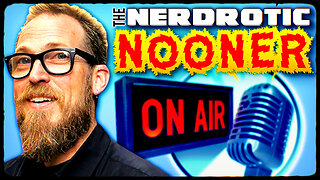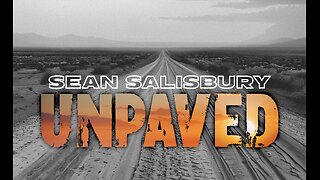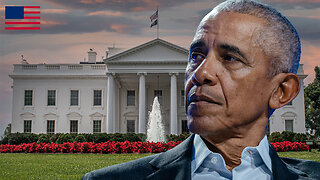Premium Only Content

The Book of Leviticus (NASB Audio Bible Non Dramatized)
Leviticus is composed of two basic genres Narrative History and Law. It was written by Moses about 1445-1444 B.C. The setting of Leviticus mainly appears to take place at Mt. Sinai. The key personalities of Leviticus include Moses, Aaron, Nadab, Abihu Eleazar, and Ithamar.
It was written to draw the Israelites to the understanding of the infinite holiness of God, and that He desires them to act in a holy manner toward Himself. In doing this, God gives them many instructions to carry out. It describes Moses giving procedural instructions for the Israelites, especially to the Levitical priests, about how they are to carry out offerings, ceremonies, and celebrations. The word “Holy” is mentioned more times in Leviticus, than any other book in the Bible.
• From chapter 1-7, Sacrifice and Offerings are laid out for Priests and individuals in detail. These passages also describe how to use the altar for the sacrifices and the offerings to God.
• In chapters 8-10, Moses describes the instructions for the Levitical Priesthood, since Israel is to be “a kingdom of priests” (Ex. 19:6). He does this from the doorway of his tent. Moses consecrates his brother Aaron and his sons who are the priests.
• From chapters 11-15 Moses teaches the importance and procedures for things that are unclean. These include food, diseases, animals, insects, dead bodies, birth, cleaning and many others. God’s purpose of all this is to protect His people from the illnesses and diseases that come from these sources.
• In chapter 16, Moses gives instruction about the Day of Atonement. This was the day out of the year that the High Priest cleanses and prepares himself ceremonially to meet with God. This ceremony only takes place once a year. The High Priest enters into the Holy of Holies and offers a sacrifice to God for sins on behalf of the entire nation of Israel.
• Chapters 17-27 pertain to the laws that apply generally for living a holy life. These are many laws including sexual immorality, idolatry, land laws, more priestly laws, religious festivals and celebrations, the Sabbath year and the year of Jubilee.
-
 LIVE
LIVE
Nerdrotic
2 hours agoDisney's Marvel Is DOOMED - Nerdrotic Nooner 501
649 watching -
 1:06:36
1:06:36
Timcast
1 hour agoTrump DECLARES WAR Over Obama "TREASON," Arrests Imminent, ITS A COUP
42.3K41 -
 LIVE
LIVE
Sean Unpaved
57 minutes agoNo Pay, No Play! Chris Paul's Homecoming: Is $25/Hour Fair?
263 watching -
 LIVE
LIVE
Simply Bitcoin
1 hour agoEXPOSED: Trumps SECRETLY Buying BEFORE The US STRATEGIC RESERVE | EP 1292
259 watching -
 LIVE
LIVE
Rebel News
1 hour agoConvoy organizers face 8 years, Teen killer in custody, US wants full market access | Rebel Roundup
175 watching -
 LIVE
LIVE
Neil McCoy-Ward
1 hour ago"It's Unbelievable How Many Are Leaving!" (Says UK Pilot 🇬🇧)
123 watching -
 LIVE
LIVE
The Tom Renz Show
47 minutes agoThe Deepstate Fights Back - ObamaGate, saRNA, & Vax Immunity for Chemicals!
141 watching -
 LIVE
LIVE
The Charlie Kirk Show
1 hour agoObamagate? + Confirmations, Now | Sen. Scott, Bannon, Homan | 7.21.25
4,269 watching -
 LIVE
LIVE
The Dilley Show
1 hour agoObama/Biden/Clinton Treason, Schiff Screwed and More! w/Author Brenden Dilley 07/21/2025
3,087 watching -
 2:05:14
2:05:14
Megyn Kelly
2 days agoCBS Cancels Colbert, WSJ's Epstein-Trump Dud, and Barbara Walters' Legacy, with Maureen Callahan
39K38